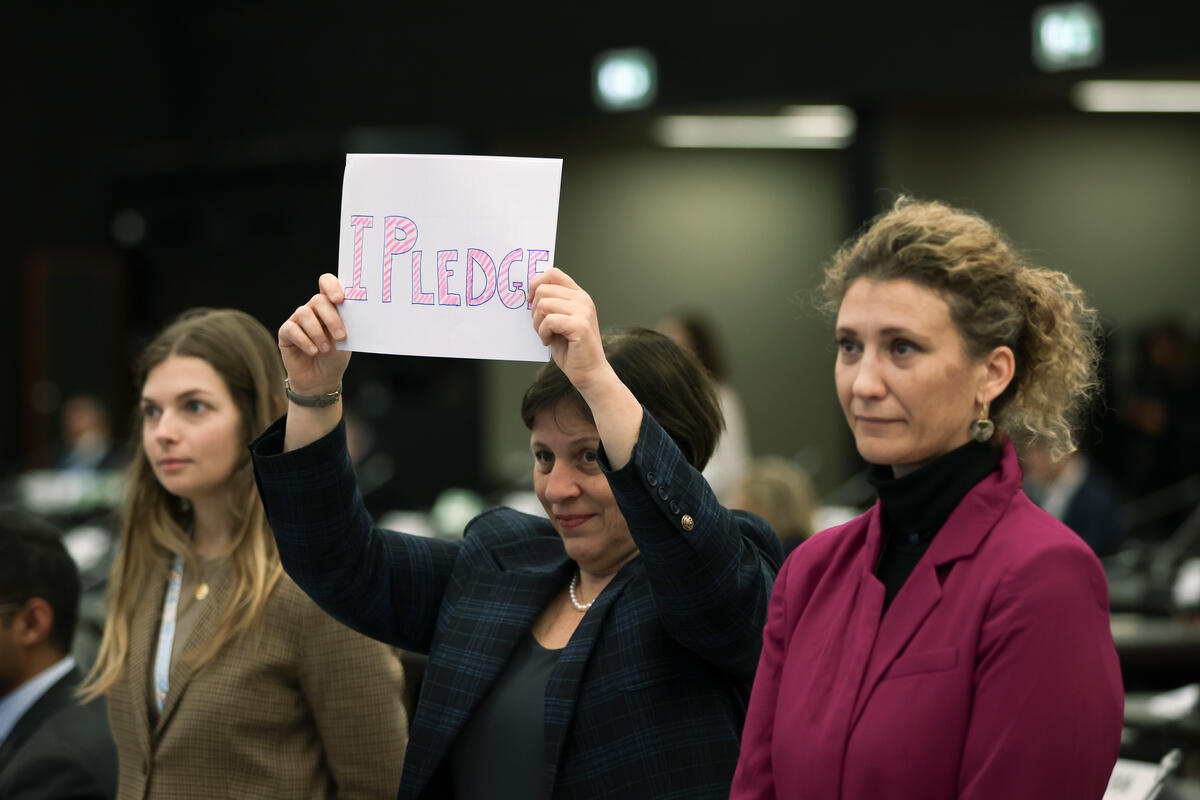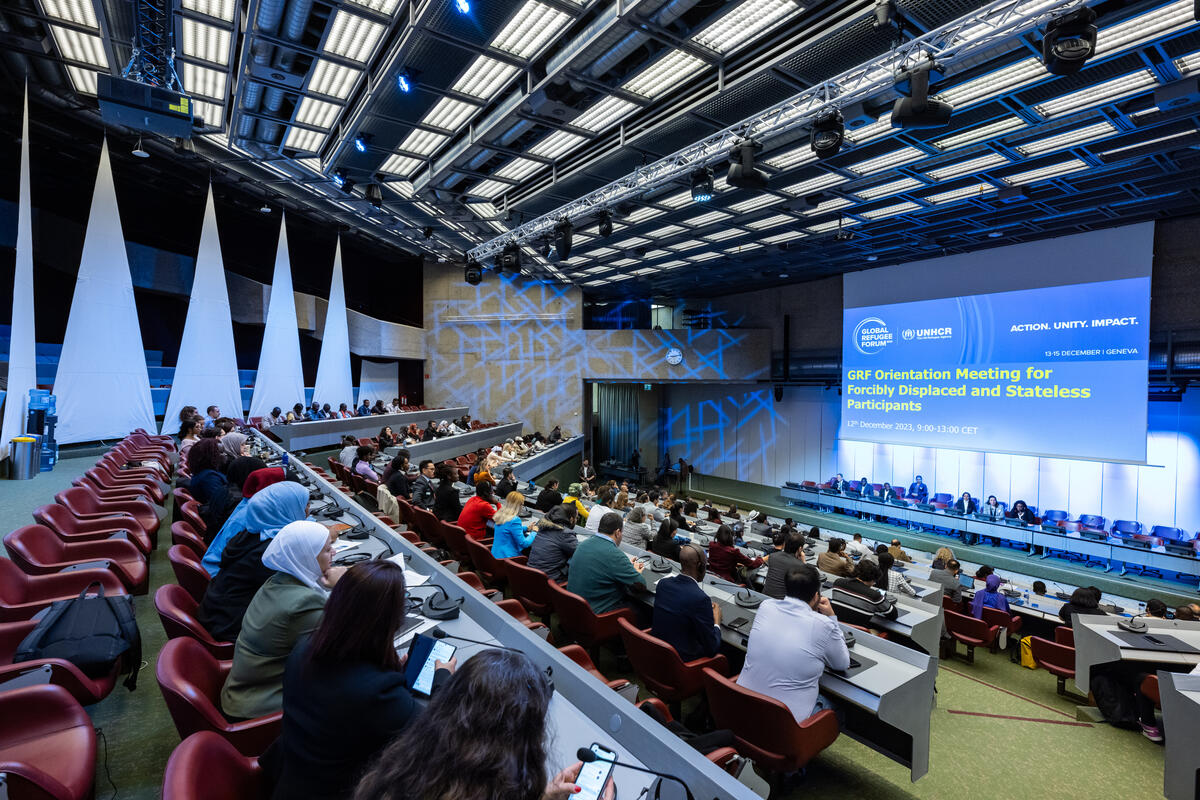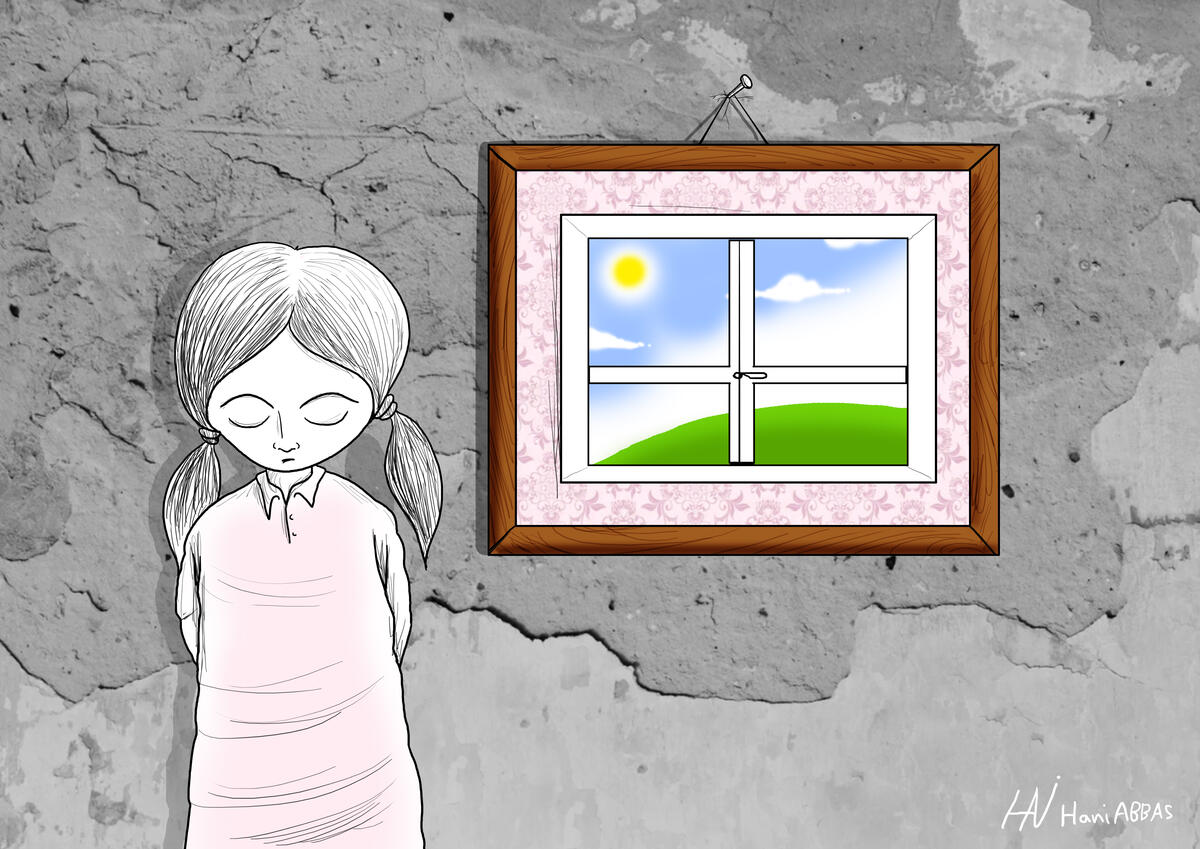Switzerland: UNHCR deeply regrets adoption of new asylum law
Briefing notes
Switzerland: UNHCR deeply regrets adoption of new asylum law
UNHCR deeply regrets the adoption of the new asylum law yesterday by the Conseil des Etats. It is one of the strictest pieces of legislation in Europe, and comes at a time when the number of asylum seekers arriving in Switzerland has already fallen to its lowest level since 1987.
UNHCR made detailed comments on the draft. However, the strong reservations we had have not been taken on board. These were laid out in some detail in a press release we did last July, and broadly speaking remain the same today. Our biggest concerns are the following:
- Undocumented asylum seekers: Under the adopted provision, valid travel documents and identity cards only will be considered acceptable (but not drivers' licenses and birth certificates). Asylum seekers who cannot provide such documents will in principle not have a substantive examination of their claim unless it is already clear that they are refugees. Many refugees are not able to obtain national passports or identity papers before fleeing their homeland. There is thus a considerable chance of violations of international law in the form of refoulement.
- Data on asylum seekers: The authorities will be able to pass on data of rejected asylum seekers to countries of origin before a final decision on the asylum application is made (e.g. after a first instance decision). This could potentially place applicants and family members in the home country at considerable risk, and could create sur place claims.
- A humanitarian status, which would have led to a better legal status for those recognized to be in need of complementary protection (e.g. persons who cannot be returned due to generalized violence and conflict) and would have included rights such as family reunification and access to work was rejected by the Conseil des Etats, who were in favour of returning to the current "admission provisoire". Family reunification is possible only after three years. In addition, those fleeing war and generalised violence would need to show that a return to their country of origin would be "life threatening" (formerly "unreasonable"), in order to benefit from complementary protection.








